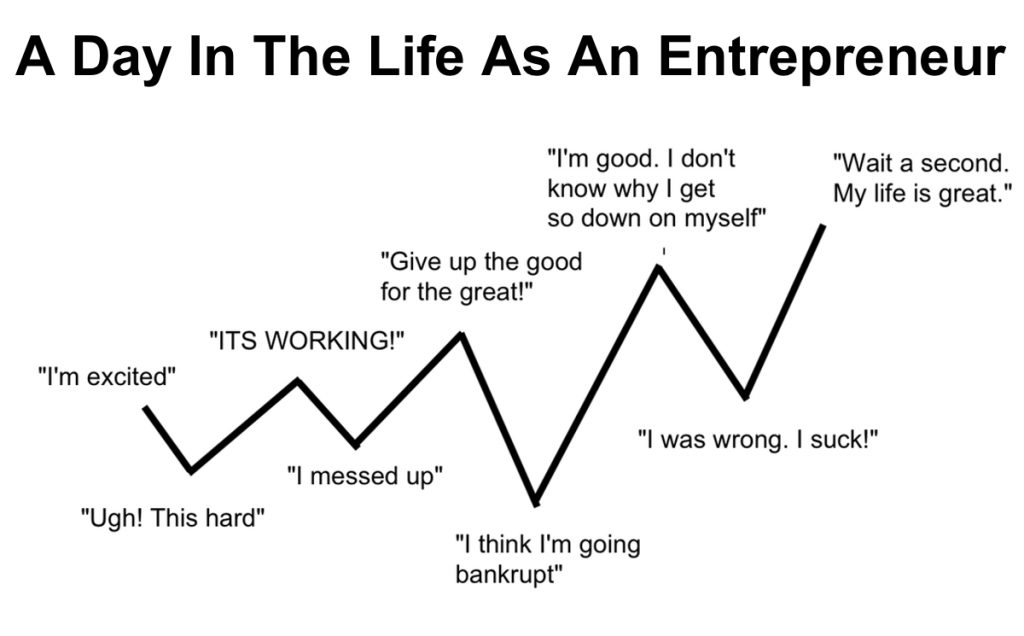After speaking to and working with business owners on a daily basis, I value the spirit of entrepreneurism more and more and I feel so inspired every day. But I’ve learned with each interaction also, and these are some very general lessons I’ve absorbed and embody in my daily business operations…
I’ve observed it takes a certain set of ethics, humility and genuine love for what you do. A lot of people start their own companies for the wrong reason – generally to become rich, famous and eventually, lazy.
On ethics, the most important business practice is to sustain a general trust of those you work with, with maybe a small dash of self-protection. But basically, treating those that work for you the same respect you want from your own clients. In a culture we’ve cumulatively built known for excellence in business practices and a general generosity, adhering to it rids the risk of bumps along the road.
Humility is a big one because it’s so easy to become overly inflated when you put yourself in charge and often get to instruct others. Having ambition and big dreams is one thing, but dictating your superiority is another. It’s important to know your own strengths and weaknesses well, have confidence but never become egotistical and to walk before you run. The companies I’ve worked with who have steadily grown and found success are the ones with firm strategies took tactical progress and went one step at a time.
The most important is passion for what you do. Because without it means there’s no heartfelt drive to do what it takes to succeed, excel and continually learn. Passion is what keeps me working into the wee hours of the night, applying to all possible leads and constantly updating my own brand to reflect all the new things I absorb on a daily basis.
To grab your attention when all you have to do is keep scrolling for memes, doggy videos and baby pictures the contemporary business needs a brand and a marketing strategy to compete with what the eye of the consumer is drawn to. For instance, an interesting graphic, a well thought out slogan, tongue-in-cheek humour, the willingness to not be safe and so on. It seems a but of a dichotomy, but the modern consumer doesn’t want safe, even as the modern society is moving towards a “social justice” oriented culture. It’s almost like that lizard part of our brain that craves rebelliousness is dormant in our public lives, but still needs to make itself known every now and then.
